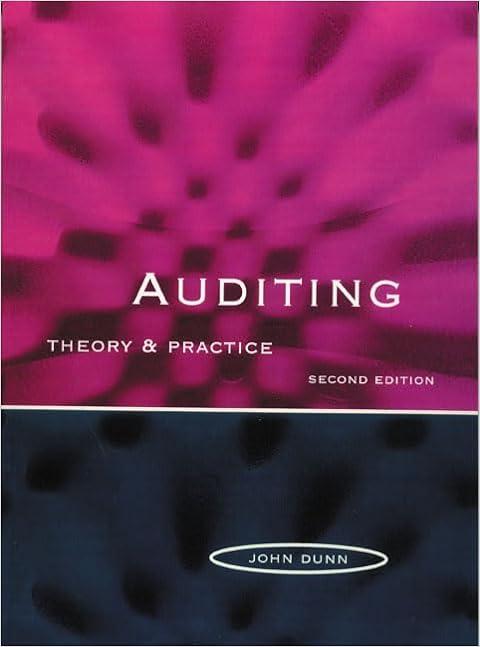When the payroll system of DPE Ltd was first installed it was decided that the possibility of
Question:
When the payroll system of DPE Ltd was first installed it was decided that the possibility of overpayments should be avoided by programming the system to produce a print-out of every employee whose wages exceeded £100 in any given week and everyone who claimed to have worked for more than forty-three hours.
Since then, the system has worked well although the parameters built into the exception report have not been updated. Inflation has pushed the minimum weekly wage up to well over £100 and most employees are encouraged to work sufficient overtime to claim at least forty-five hours. As a result, almost every worker is listed on both exception reports every week.
(a) How effective are the exception reports in these circumstances?
(b) Assuming that £400 and forty-eight hours were considered more realistic for the reporting thresholds, describe the controls which should surround the alteration of the program by the company’s systems staff.
(c) Assuming that the new thresholds have been implemented and that the auditor wishes to rely upon the exception report as an internal control, suggest two ways in which the auditor could test its operation.
Step by Step Answer:






